IVF Transfer Day – What to Expect Before, During and After the Procedure?
The transfer of embryos into the uterus is an essential part of the program. It defines whether the pregnancy starts or not. Therefore, most people get nervous and don’t know what to do during the IVF transfer day. Let’s overview the process in detail and see what happens after the IVF day by day to see that there is nothing to worry about.

IVF Transfer Day – Embryo Transportation
In vitro fertilization is the most effective infertility treatment. Embryo transfer is the final step of the procedure.
How Does Embryo Transfer Happen?
Embryo transfer (blastocyst transfer) is carried out on the second to sixth day after fertilization. I.e. 48-120 hours after the fertilization of eggs with sperm. In some cases, the procedure can happen a little bit later. It depends on the physiological and physiological characteristics of the woman. Embryologist determines the exact time and day of IVF.
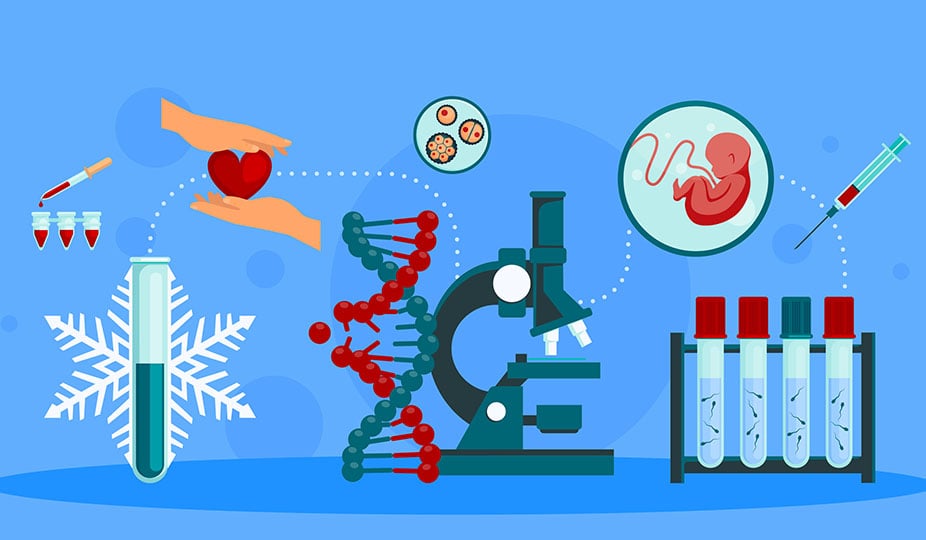
The transplantation takes place during ovulation with special equipment – a gynecological catheter.
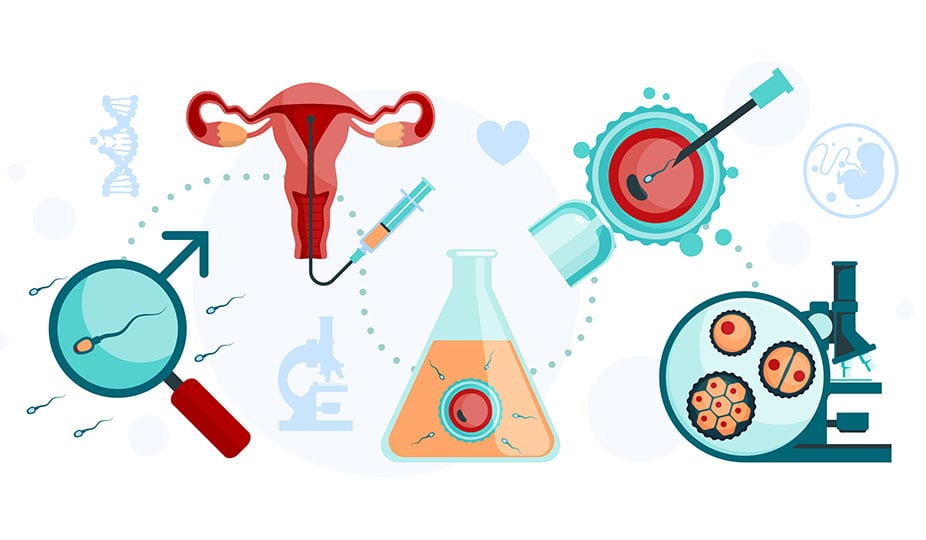
All embryos are in the fluid. As soon as they enter the uterus, the eggs attach to the walls. That is how the pregnancy starts. Future babies will take nutrition from the mother’s organism via the placenta attached to the uterine walls.
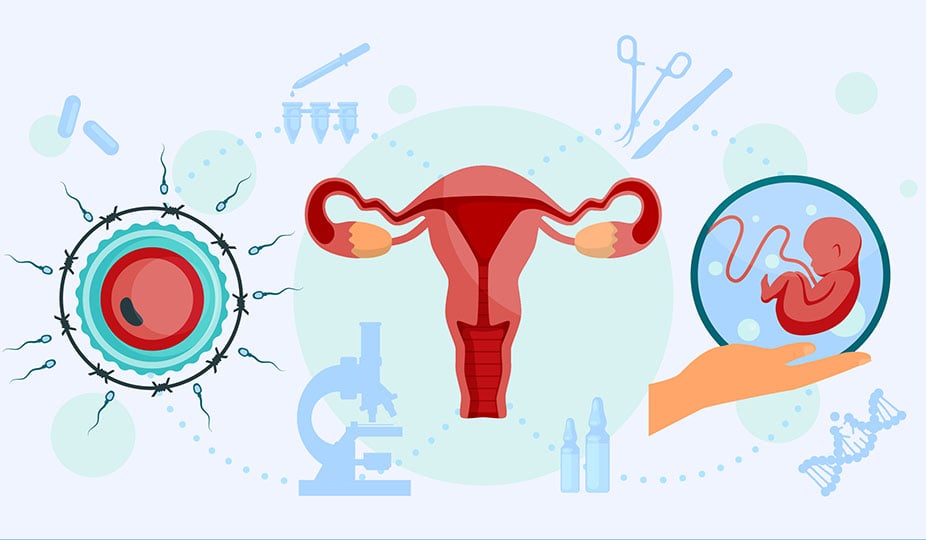
Your doctor will discuss with you the number of embryos for transfer, as well as their quality. You can freeze the remaining embryos for the next IVF program. For a long time, scientists conducted various experiments on how many embryos to transplant. As a result, now they transfer not more than 3-4 embryos into the uterus.
Several significant factors are affecting the number of transplanted eggs:
- causes of infertility;
- woman’s age;
- previous artificial insemination attempts.
In some cases, it is more effective to use a single embryo transfer. The second approach relates to older patients to avoid miscarriages and twin pregnancies.
After the transfer manipulation, you will have a 30-40 minutes rest.
Embryo Quality for IVF
When performing artificial insemination, the doctor must be sure that the egg will turn into a blastocyst. It occurs in 80% of cases. Moreover, they should follow all rules of the procedure to increase pregnancy chances.
The embryo of the third day can reach the stage of a blastocyst. Therefore, doctors do replanting during this period. If the development of the embryo ceases, fertilization will fail. There were many examples when women had 10 embryos on the third day of the cultivation. All were of excellent quality. On the fifth day, only one embryo was suitable for transplantation.
Doctors believe that the worst thing is to replant the embryos on the 4th day of the cultivation.
This period is the most critical. During it, the embryo starts its genome. If there are no abnormalities in the chromosomes, the embryo continues to develop. If there are some, it dies.
Reasons for Canceling Embryo Implantation

A reproductive doctor can postpone the day of fertilization. The general condition of the body and several other factors plays a significant role.
- Viral diseases, infections. Weakened immunity will not be able to preserve the egg effectively.
- OHSS (ovarian hyperstimulation syndrome). If the doctors received more than 20 eggs during the puncture, it could signify a high risk of OHSS. Short breath, abdomen size increase, or swelling can serve as a reason for canceling the IVF transfer day.
- Endometrial hyperplasia. The standard size of the endometrium is 9-12 cm. If it exceeds this size, the effectiveness of fertilization reduces. Therefore, it is necessary to undergo a course of treatment before proceeding with IVF.
- High level of progesterone. Too much progesterone reduces the likelihood of an effective egg transfer.
- Low level of progesterone. It also affects the outcome of fertilization. Therefore, a woman should take hormonal treatment to bring the hormone indicator back to normal.
However, you should not worry that your procedure will be canceled. Patients can reduce or avoid any complications if they strictly follow the doctor’s recommendations.
How to Get Ready for Your IVF Transfer Day
Every woman who is preparing to become a mother with the help of IVF must perform the following actions before transferring the embryos:
- Take a blood test for estradiol and progesterone. These hormones strongly affect the procedure.
- Drink up to two glasses of water in a few hours before the transfer. Your bladder should be moderately full.
- Before going to the clinic, do not use makeup and cosmetics.
What to Do after IVF Transfer Day – Our Recommendations
For starters, you should clearly understand that everything that will happen next no longer depends on your efforts. The transfer itself and the expectation of the result will pass, and you can’t influence their outcome. Everything depends on nature, your organism, and good luck. Moreover, the doctors are doing their best and can not give any guarantees. Embryo development is a real miracle that defies human comprehension.
Therefore, it makes no sense to get nervous or afraid. The processes inside your body go regardless of all happening around, and against all the odds.
Imagine growing an apple tree. You planted, watered, fertilized, and protected it from pests. You have done everything in your power to make a good harvest. However, some things are beyond your influence, i.e., weather, or unexplained nature. You have to hope and wait. ⠀
The same with IVF. Transfer day and a week after it is the time to take care of yourself and keep calm to withstand any results in the end.
- Do not overthink what is happening inside your body. In the natural cycle, a woman does not know about her pregnancy at all before the period delay. Imagine that you also do not know anything about the pregnancy. Try to live an everyday life emotionally and physically. ⠀
- Still, it would be nice to plan the after-transfer days and do your usual activities. Movies, series, meetings with friends, walks, exhibitions, theaters would be a great idea. You do not need to lie at home and wait, do whatever you used to do, and keep an ordinary life.
You SHOULD
- Be calm and relaxed;
- Keep your normal daily routine.
- Consult your doctor immediately if you don’t feel well or see any changes in your body. Sometimes a feeling of heaviness in the lower abdomen may appear. Some women experience slight bleeding after implantation. It is a consequence of the uterus blood vessel damage.
You SHOULD NOT
- Lift hard weights;
- Smoke;
- Drink alcohol;
- Be nervous or too anxious.
Possible Body Temperature Rise
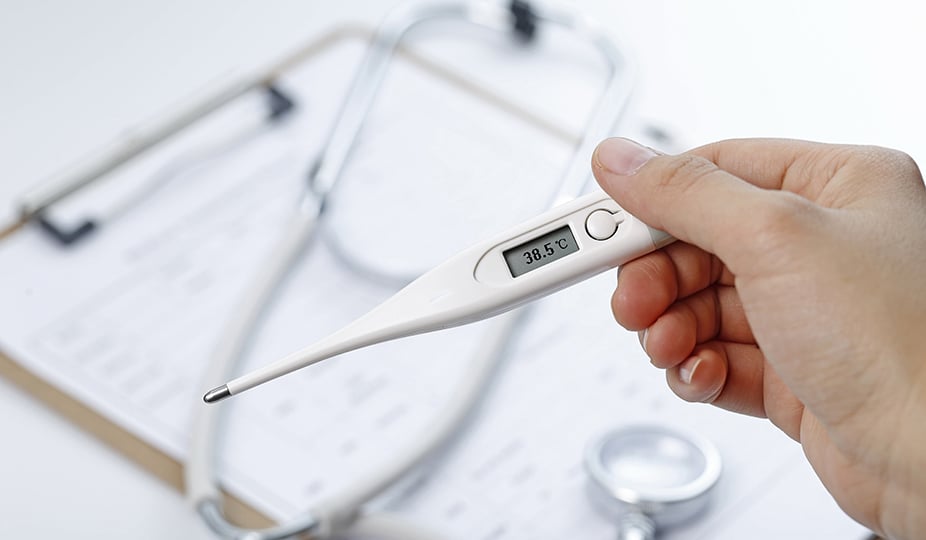
In separate cases, the woman`s body temperature can rise. It is a body’s reaction to embryo replanting. During this time, a new life is born in the uterus. Therefore, the female body reacts to change. If the temperature exceeds the permissible values, it is necessary to consult your doctor.
Embryo Transfer FAQ

Can the Embryo Fall out of the Uterine Cavity?
A common fear among women undergoing IVF is the risk of an embryo falling out of the uterus. Even before it implants in the endometrium, the embryo cannon fall out. The uterus is a muscular organ that communicates with the vagina through the hollow muscle tube (cervix). After the IVF procedure, its contraction prevents the entrance of embryos into the vagina.
Scientists conducted a study with two groups of women. Doctors introduced air bubbles into the uterine cavities of the women. The first group had strict bed rest, and the second had usual activities without restrictions. After that, experts evaluated the results. There were no differences between the “embryos” position in patients of both groups.
How Much Time Does Embryo Need to Implant?

The process of introducing a blastocyst into the uterine wall occurs within a few days after the IVF procedure. Implantation itself takes no more than 40 hours, during which patients can feel heaviness in the lower abdomen, dizziness.
Can I Have Sex after the Procedure?
Women should not have sexual intercourse for 10-14 days after the IVF transfer day. Keep patient until you receive the results of the HCG pregnancy test.
Are there any Diet and Daily Life Recommendations?
Exclude foods that provoke flatulence and drink enough water. Doctors recommend taking fortified dietary supplements to maintain a healthy metabolism. Don`t wear tight clothing (tight jeans, trousers). It would be great to take daily half-hour walks in the fresh air. Avoid overheating (sauna, bath, hot tub). Wash only in the shower. Avoid hypothermia. Do not swim in ponds or pools.
Are There Any Recommendations for Men before the IVF?
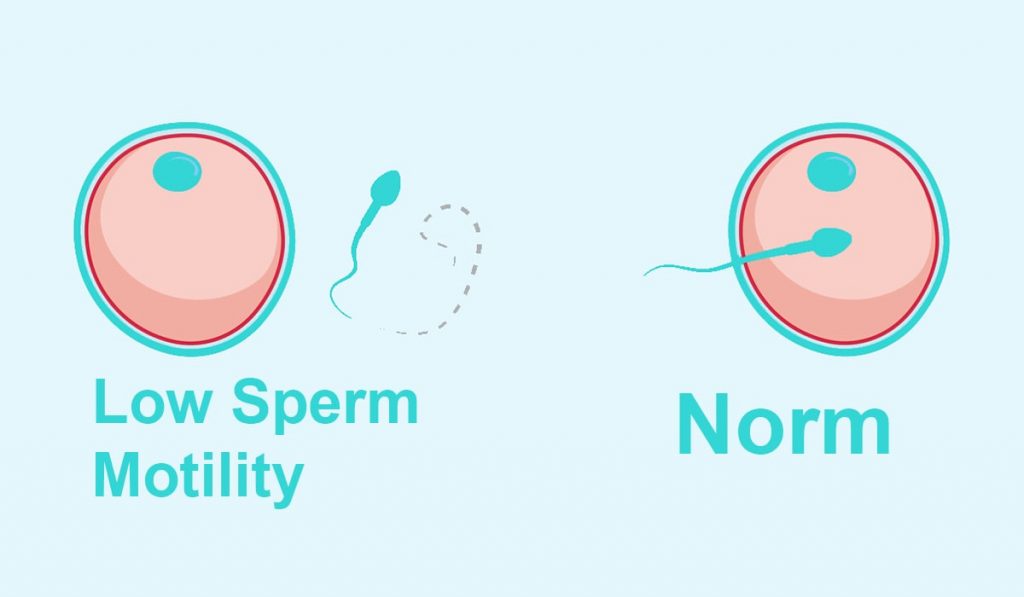
- The male partner should inform the doctor about any diseases at the beginning or during the treatment cycle. Even minor disturbances and fever matter a lot, because they can lower sperm quality and quantity.
- Before starting treatment, it is worth excluding visits to saunas and taking hot bath 1-2 months before the start of the protocol.
- 2-3 months before the start of infertility treatment, a man should stop smoking and drinking alcohol.
- If a man has any viral infection, the couple should inform their physician and reproductologist. They can opt for sperm washing and make successful IVF even if the man has chronic diseases, HIV, or hepatitis.
- If a man goes to the gym, it is worth to exclude new exercises and avoid heavyweights.
- It is recommended to limit jogging runs to 35 kilometers per week.
- Exclude sexual intercourse and masturbation for 3-7 days before the program and fertilization.
HCG Pregnancy Tests
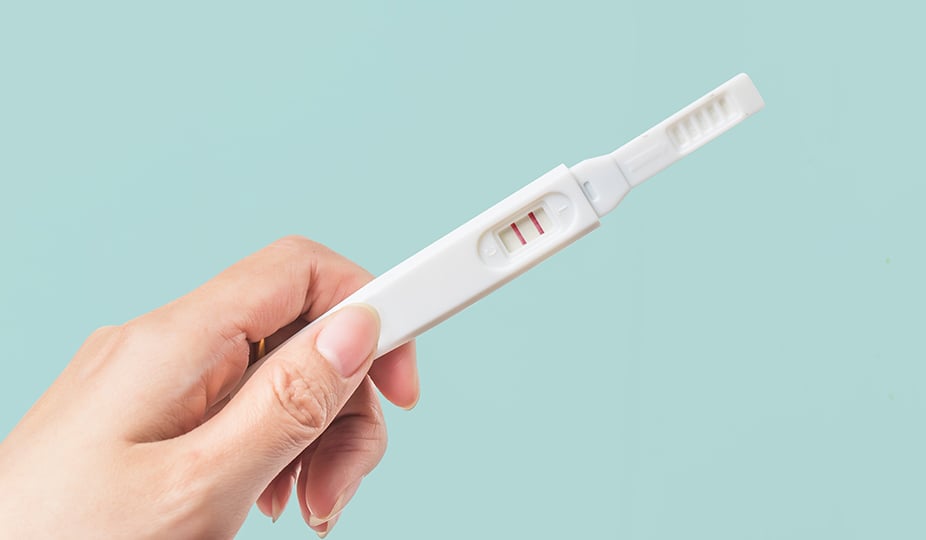
HCG (human chorionic gonadotropin) level shows that a woman is pregnant. It increases each day of the pregnancy exponentially and reaches to a distinct level on the 14th day after the IVF transfer day.
Its rate in the blood should be more than 100 points. However, in current medical practice, even 5 to 25 mU/ml indicate that fertilization was successful. If the doctor has doubts, he/she will appoint one more test in 2-3 days.
IVF Transfer Day – Final Words
In vitro fertilization makes it possible to treat infertility effectively. Embryo transplantation is a complex process. It is performed using specialized equipment. After the procedure, a woman should treat herself and her health with more exceptional care. Reproductologists give their patients specific recommendations. They will help the woman to prepare for the procedure properly. If you would like to know more about this revolutionary technology or want to ask any questions related to IVF – comment below or contact us for a free consultancy. We at Sunshine are always here to help!
Featured image s by Freepik